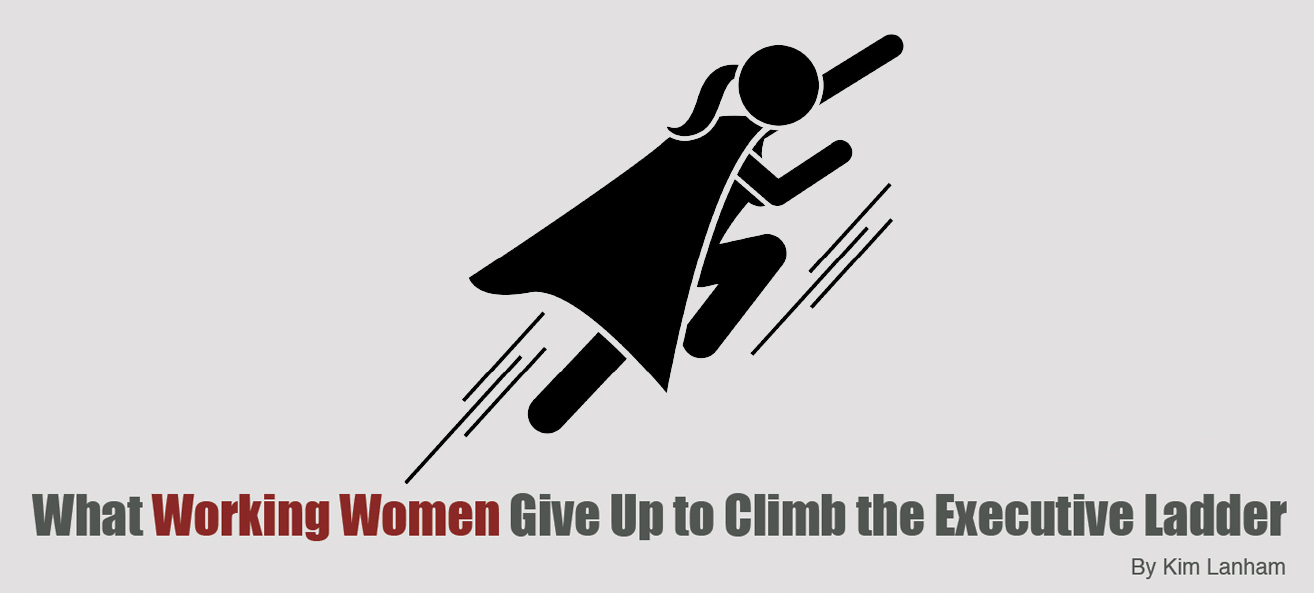 Professional and high-achieving working women have to give up a lot to climb the executive ladder. What does it mean to sacrifice and what are those things that are sacrificed in the pursuit of the executive woman’s life?
Professional and high-achieving working women have to give up a lot to climb the executive ladder. What does it mean to sacrifice and what are those things that are sacrificed in the pursuit of the executive woman’s life?
According to definition.com, sacrifice is the “forfeiture of something highly valued for the sake of one considered to have a greater value or claim.” From this context, working women are giving up things they highly value for their careers in which they feel are of greater value. What are the things that are given up or forfeited? The biggest one is relationships: relationships with themselves, spouses, children and friends.
There is still great societal expectations, or perceived expectations women place on themselves, to be a great wife, mother and maintain the household. In order to do all of the above and work a demanding career, something is bound to be lost or sacrificed for what is believed to be the greater good to the family or individual.
Women and the Second Shift
When the paid workday ends, the non-paid day begins and this can be taxing on an already jammed-packed day. According to salary.com’s “What’s a Working Mom Worth” 2016 survey, women spend an additional 59 hours per week working on the household. Part of the problem is that the husbands have not picked up a large enough portion of the traditional household responsibilities.
This rings true for even some of the highest-achieving executive women. Statistics from the National Parenting Association show that only 9 percent of their husbands take responsibility for meal preparation, 10 percent for the laundry and 5 percent for cleaning the house. When you throw children in the mix, it does not get better: only 9 percent take off work when the children are sick, 9 percent take the lead in helping with homework and a meager 3 percent help plan activities. With the expectations for women to be able to have it all, the balance can be more than overwhelming, and the fear of failure by asking for help compounds it all.

 Login
Login

















